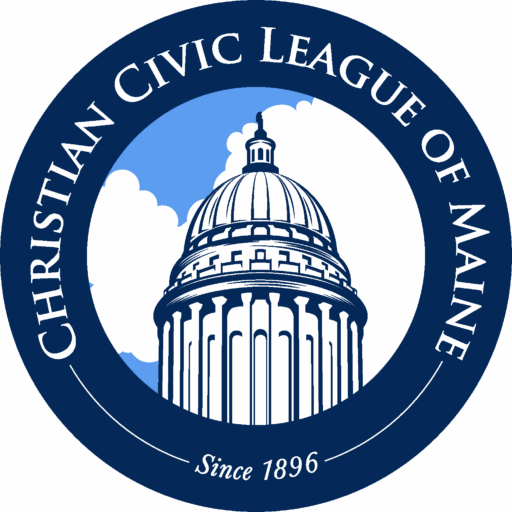- Acceptance of physician-assisted suicide sends a message that some lives, especially those of the elderly, disabled or ill are not worth living. It categorizes people based on health status, saying that some lives deserve suicide prevention while others deserve suicide assistance.
- Supporters of physician-assisted suicide argue that a primary purpose of physician-assisted suicide is to prevent or eliminate suffering, essentially arguing that death is an acceptable solution to suffering. If we accept this premise, we pave the way for legalized assisted suicide for more than just the terminally ill. We will have to necessarily allow physician assisted suicide for suffering of any kind- terminal and non-terminal, mental, physical, emotional, etc. This places vulnerable people, such as those suffering from depression, at greater risk by offering death as a solution to their problems, rather than offering them the help they need.
- Legalizing physician-assisted suicide would put many vulnerable groups of people, such as the elderly, at risk for coercion into suicide. Over 33,000 elders are abused in Maine each year. Legalizing physician assisted suicide creates an environment in which elderly people may feel pressure, however subtle, from relatives or caregivers to opt for a lethal prescription rather than treatment and avoid being a burden to others.
- Among the top five reasons given for requesting a lethal prescription from doctors are “loss of autonomy,” “less able to engage in activities,” “loss of dignity,” “loss of control of bodily functions,” and “feelings of being a burden.”[1] These are not issues of pain associated with terminal illness but are issues of disability. Of course, not every disabled person has a terminal illness, but most terminally ill people have some measure of disability. And legislation like this sends the message that having a disability is an acceptable reason for requesting a lethal prescription — that lives dependent on others for assistance are not worth living.
- Physician-assisted suicide provides a financial incentive for premature deaths, as it is cheaper to give a patient lethal medication than it is to provide real care. In such a cost-conscious healthcare system, can we really trust insurance companies to do the right thing or to do the cheap thing?
- The US Supreme Court recognizes the right of a competent adult to refuse any medical treatment, but it does not recognize physician-assisted suicide.
- Physician- Assisted Suicide is not a private, personal act. It involves a host of participants, including a doctor, a pharmacist and the state. It’s a public act that requires medicine, law and society approve a lethal prescription that crosses the line between caring and killing.
[1]http://public.health.oregon.gov/ProviderPartnerResources/EvaluationResearch/DeathwithDignityAct/Documents/year16.pdf

